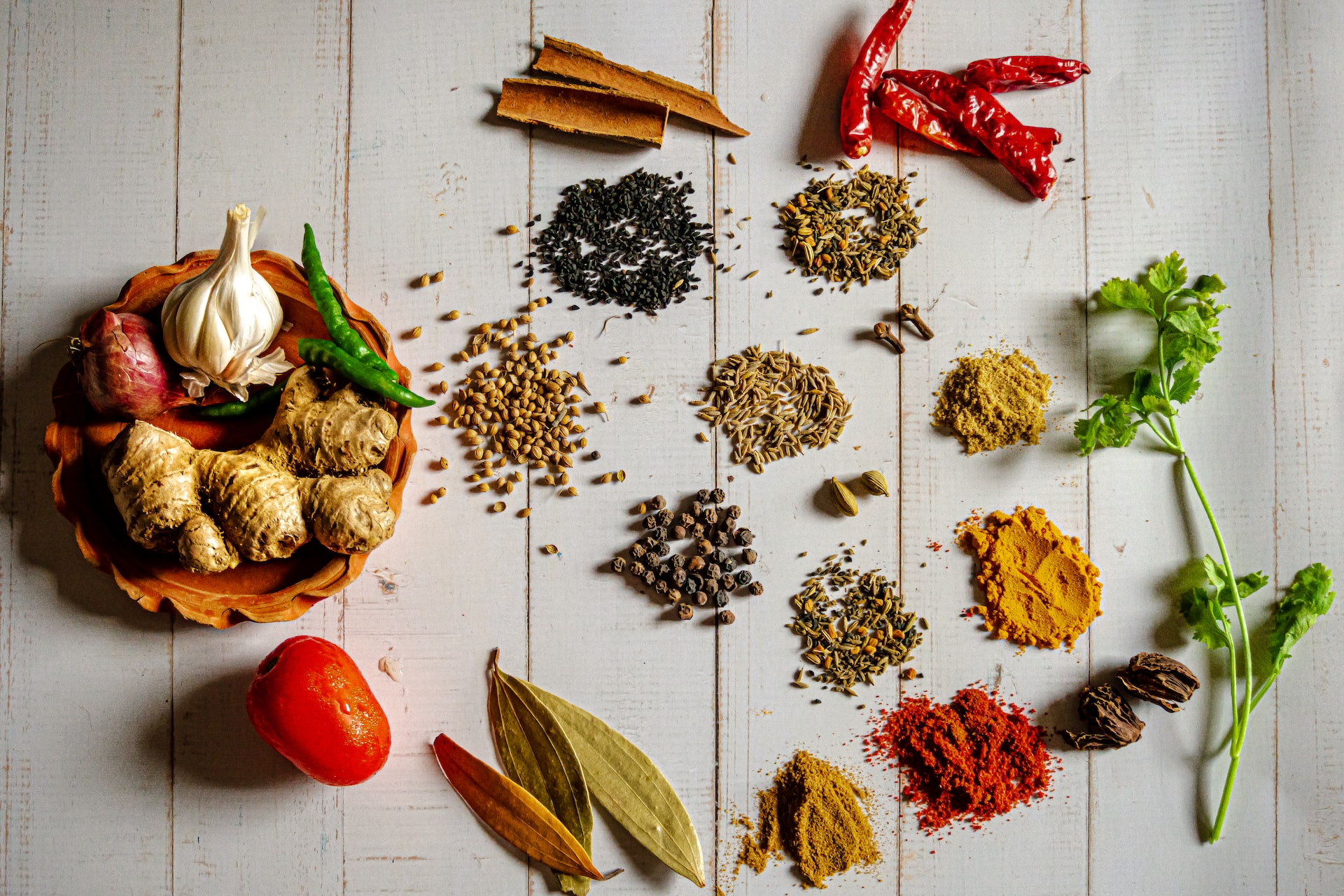When it comes to herbs and spices, there is a lot of confusion about what exactly the differences are. While some may think that herbs and spices are interchangeable, this is not the case. Herbs and spices are two distinct ingredients with different flavors, uses, and health benefits.
The bottom line is that herbs and spices can be used to enhance the flavor of food, but they should be used in different ways. In this blog post, we’ll explore the key differences between spices and herbs.
1. Origin
Herbs are the leaves of plants (or, in some cases, the stems and flowers). Most herbs used for cooking are dried and ground, though some are used fresh. Common herbs include oregano, basil, thyme, parsley, rosemary, sage, and bay leaves. Herbs are known for their delicate flavor and aroma, and they are often used to flavor meats, soups, and sauces.
Spices, on the other hand, are the dried, ground parts of plants, such as seeds, roots, bark, and berries. Common spices include cinnamon, nutmeg, ginger, pepper, and cloves. They are usually stronger and more pungent than herbs and are used to add flavor to dishes, such as curries, stews, and marinades.
2. Uses
Herbs are typically used to flavor savory dishes, while spices are typically used to flavor sweet dishes. Herbs are often used in fresh or dried form and are added to dishes during the cooking process. Spices, on the other hand, are usually used in their powdered form and are added to dishes after they have been cooked.
3. Quantities
Herbs are generally used in larger quantities than spices because of their milder flavor. They are usually added to dishes to give them a fresh, bright taste. Spices, on the other hand, are used in smaller quantities because of their strong flavor. Spices are usually added toward the end of the cooking process to enhance the flavor of the dish.
4. Storage
Herbs should be stored in a cool, dry place, and should not be exposed to direct sunlight. On the other hand, spices should be stored in an airtight container away from direct sunlight and heat. This is because herbs are more delicate and prone to spoilage, while spices can last longer.
5. Nutrition
Herbs and spices are both packed with vitamins, minerals, and antioxidants. However, herbs tend to be higher in essential vitamins and minerals than spices. Herbs are especially high in iron, calcium, and vitamin C. Spices, on the other hand, are higher in antioxidants and have anti-inflammatory properties.
6. Health Benefits
Herbs and spices have both been used for centuries to treat various ailments. Herbs are known for their calming effects and have been used to treat digestive issues, respiratory problems, and inflammation.
Spices, on the other hand, have anti-bacterial, anti-viral, and anti-fungal properties and have been used to treat infections and boost immune system health.
Conclusion
Herbs and spices are two of the most widely-used ingredients in cooking. While they both come from plants, there are a few key differences between herbs and spices in terms of their origin, use, quantities, storage, nutrition, and health benefits.
Herbs are typically used in savory dishes and are higher in vitamins and minerals. Spices, on the other hand, are used in sweet dishes and are higher in antioxidants, and have anti-inflammatory properties. Ultimately, herbs and spices are both nutritious and offer an array of health benefits that can be beneficial to your overall health.
If you’re looking for high-quality seasonings and spices in the USA for your cooking, then look no further than Castle Foods. We’re committed to providing our customers with the best spices and seasonings available, and that’s why we go to great lengths to ensure that each and every one of our suppliers is carefully vetted and chosen for their commitment to quality.


